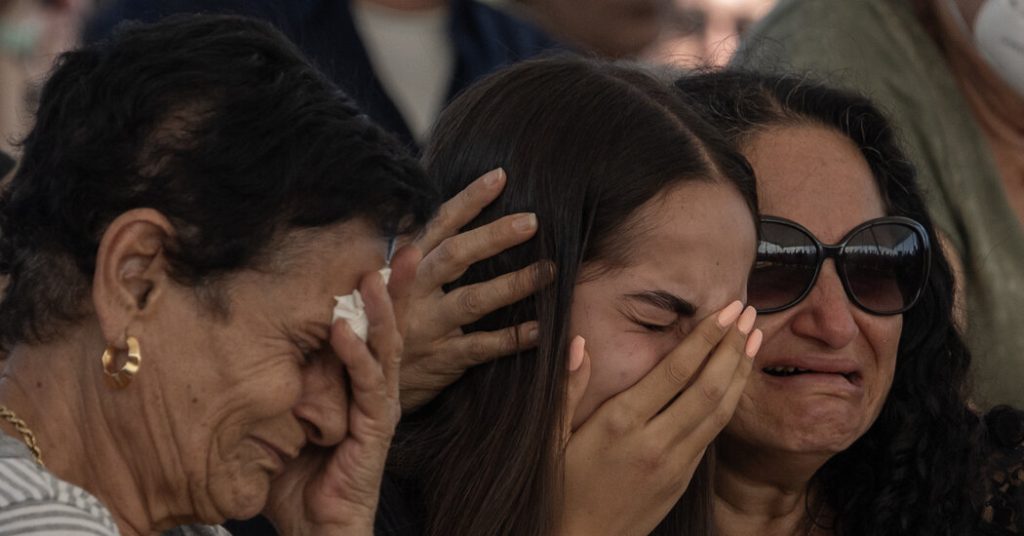The conflict between Hamas and Israel on October 7 resulted in one of the worst conflicts in recent Middle East history, sparking intense emotions and ideological debates worldwide. Hamas’s attack on Israel resulted in the deaths of 1,200 people and the taking of 240 hostages, while Israel’s retaliatory bombing and occupation of Gaza has killed more than 34,000 Palestinians. This conflict has been challenging to cover due to its intensity and the strong partisan feelings it evokes. Despite this, the commitment of journalists to provide independent journalism about such critical stories remains unwavering.
The team of reporters, photographers, and video journalists who covered the conflict won the Pulitzer Prize for International Reporting for their comprehensive coverage of the war. The team consists of individuals from diverse backgrounds, including Muslims, Jews, Arabic, Hebrew speakers, and those with personal connections to the conflict. Their aim was to capture the horrors inflicted by Hamas on Israel and the devastating impact of Israel’s assault on Gaza, as well as revealing Israeli intelligence failures that allowed the initial attack to occur. This dedication to unbiased reporting exemplifies the essence of independent journalism, which seeks to command attention regardless of one’s background or perspective.
In addition to the Pulitzer Prize-winning coverage of the war, The New York Times received recognition for investigative reporting and feature writing. Hannah Dreier’s series “Alone and Exploited” delved into child migrants being exploited for their labor across all 50 states, shedding light on a troubling issue. Another Pulitzer Prize-winning feature story, “The Mother Who Changed,” explored the complexities of respecting the desires of individuals experiencing cognitive decline. These accolades underscore the Times’ commitment to producing impactful and insightful journalism that delves into a wide range of important topics.
Beyond the coverage of the conflict, recent Times journalism has been recognized for its excellence in investigative reporting and feature writing. The breadth and depth of the journalism produced at The New York Times were reflected in the multiple Pulitzer finalists and winners across various categories. From stories highlighting child labor exploitation to insightful explorations of complex ethical dilemmas, The Times continues to provide high-quality journalism that leaves a lasting impact on its audience.
As the conflict between Hamas and Israel continues to unfold, the intensity of emotions and global reactions remain at the forefront. Recent sightings of the northern lights in certain parts of Europe and the U.S., along with concerns about doping in sports ahead of the Paris Olympics, serve as reminders of the diverse range of news stories that capture public attention. The conflict in the Middle East has sparked debates and discussions, including the U.S. decision to pause certain weapons shipments to Israel, leading to differing opinions on the implications of such actions.
The interview with author, comedian, and radio host Charlamagne Tha God provides insight into the political landscape and voter sentiments, particularly within the Black community. Charlamagne discusses the significance of the upcoming presidential election, highlighting the potential impact of voter apathy and the importance of making informed decisions based on civic understanding. The interview delves into the complexities of endorsing political candidates and the challenges of navigating public expectations and perceptions in a polarized political climate.












